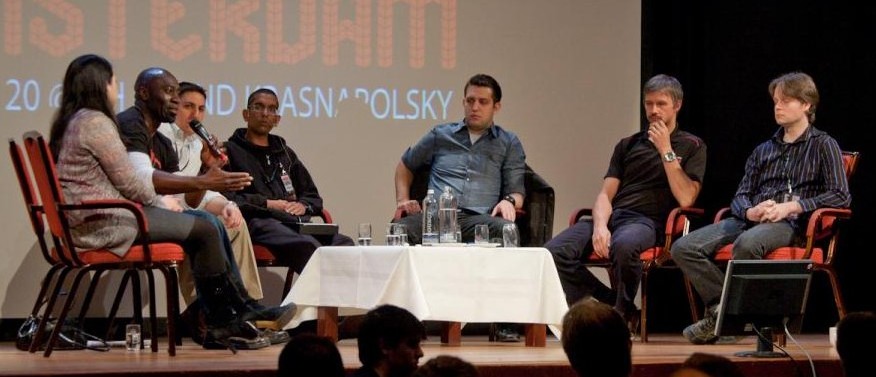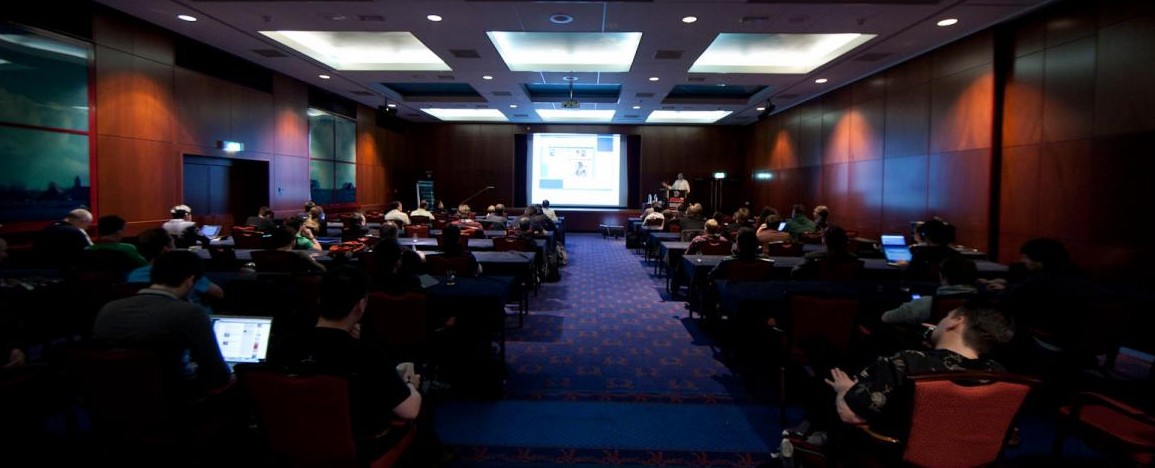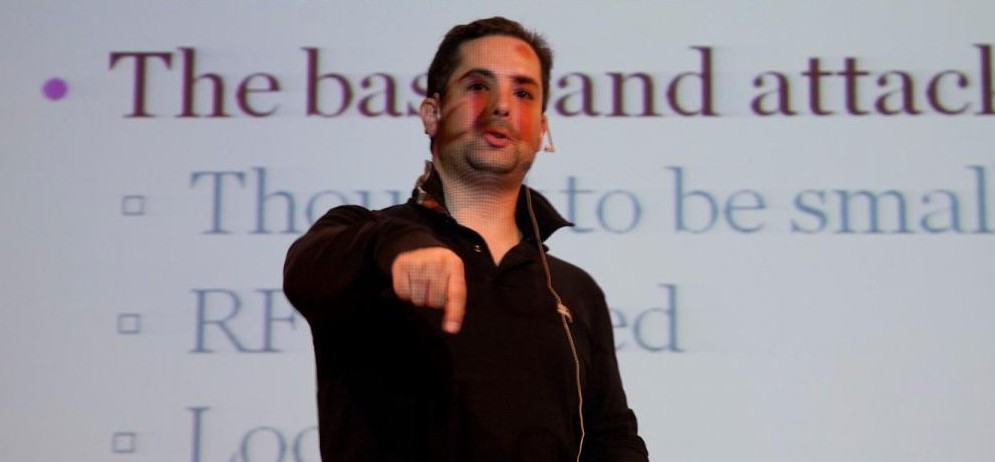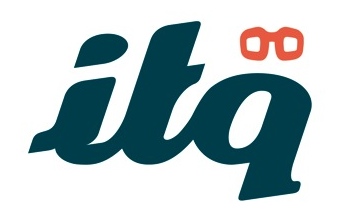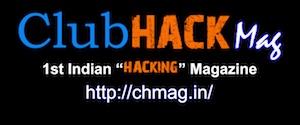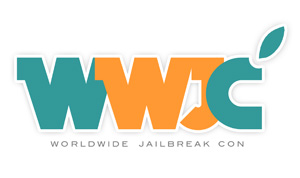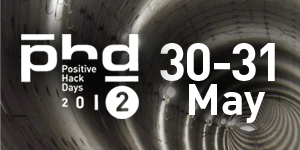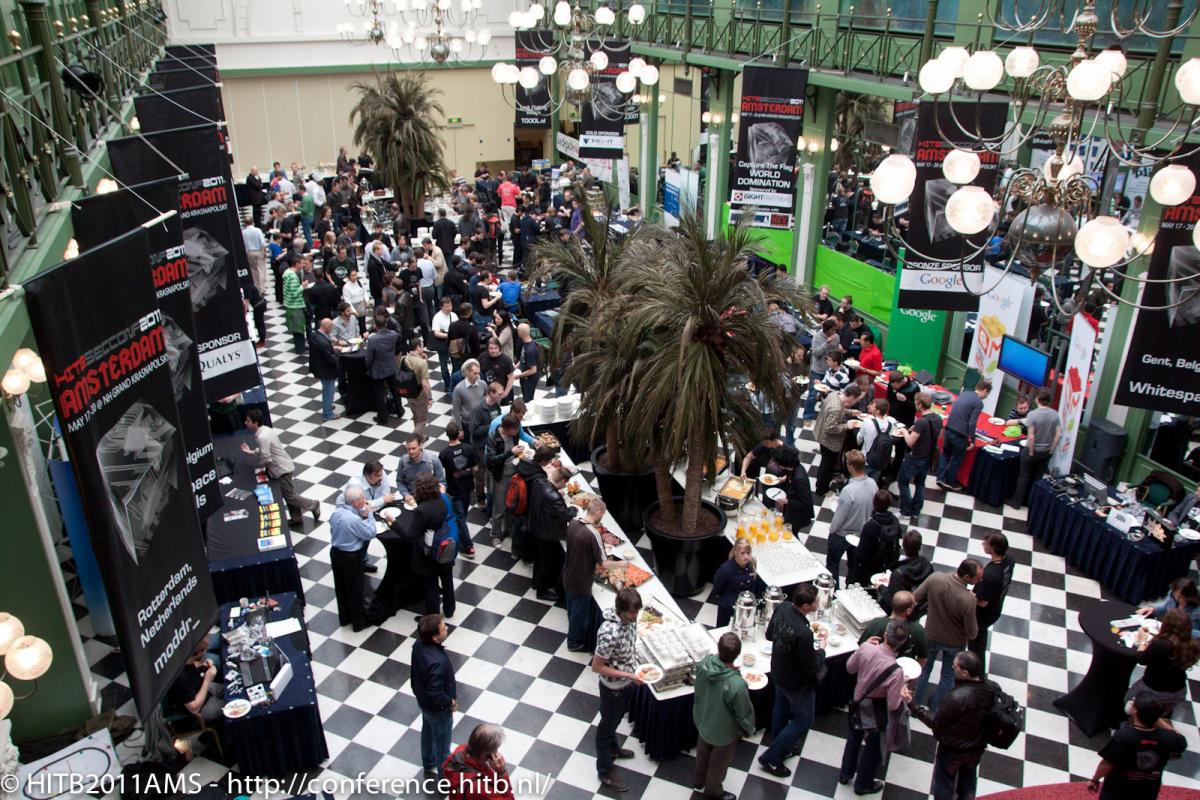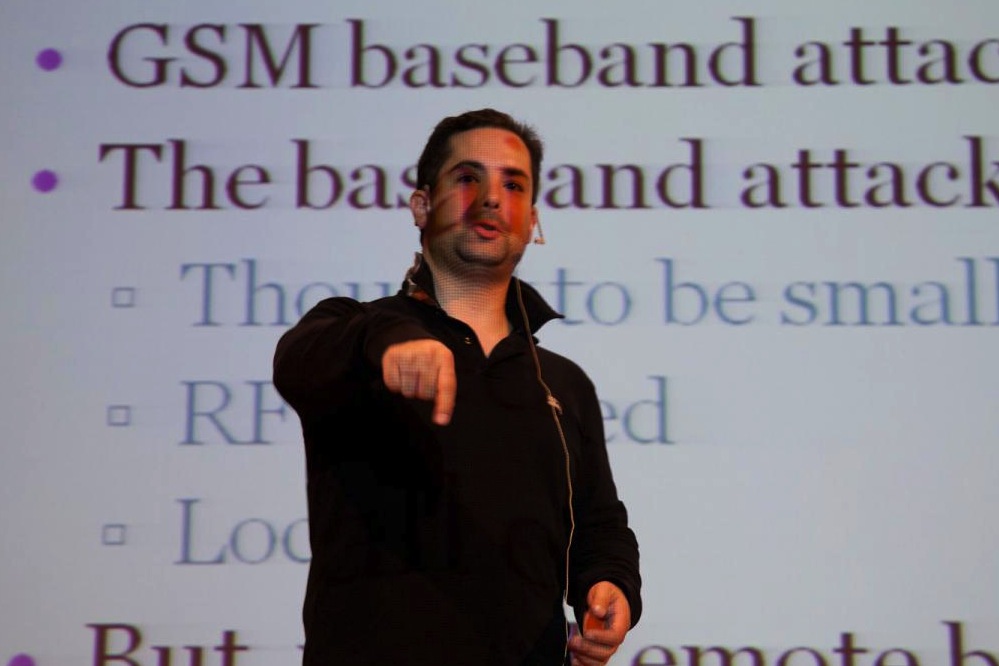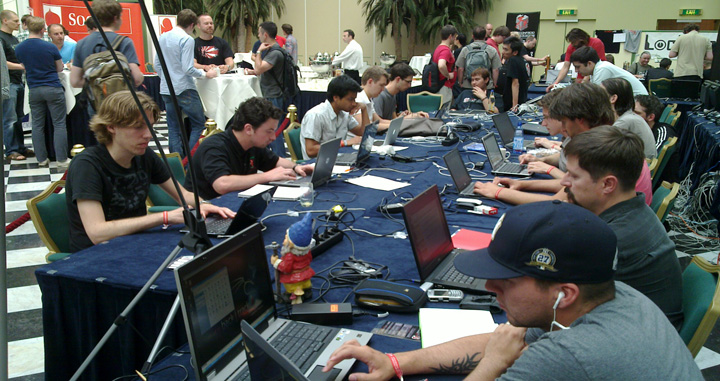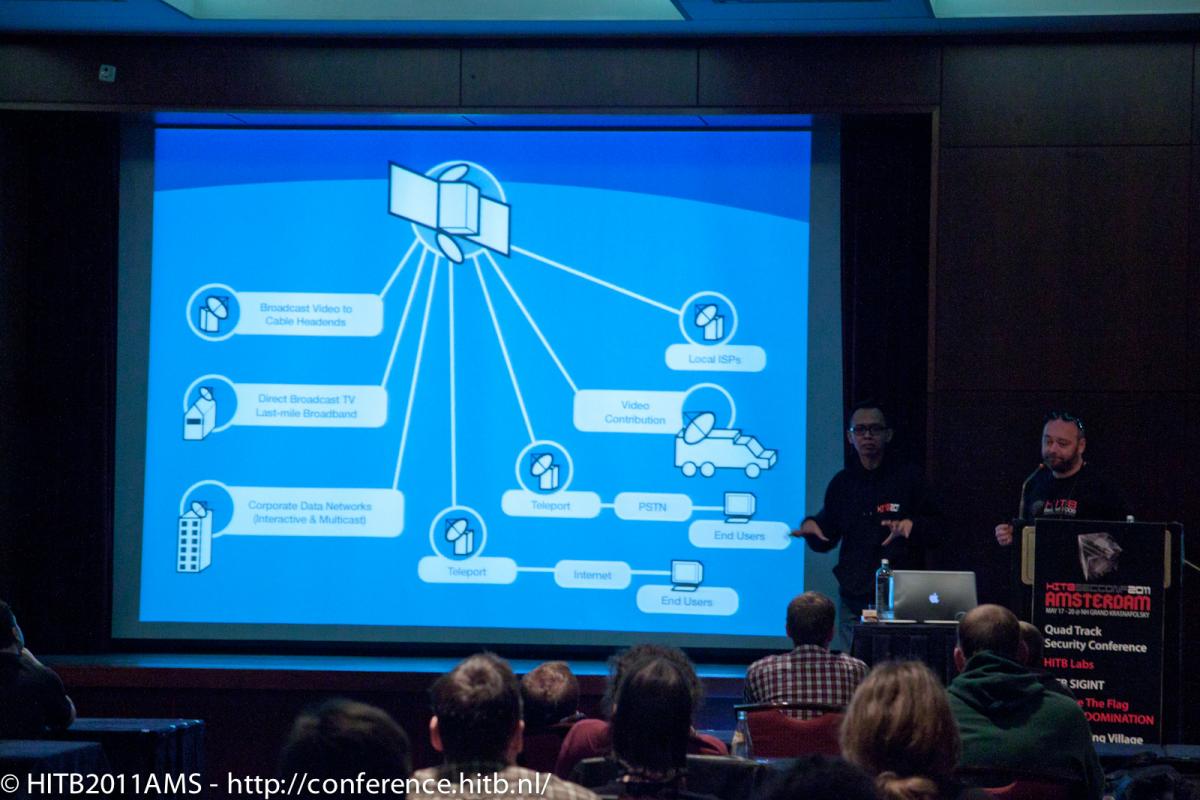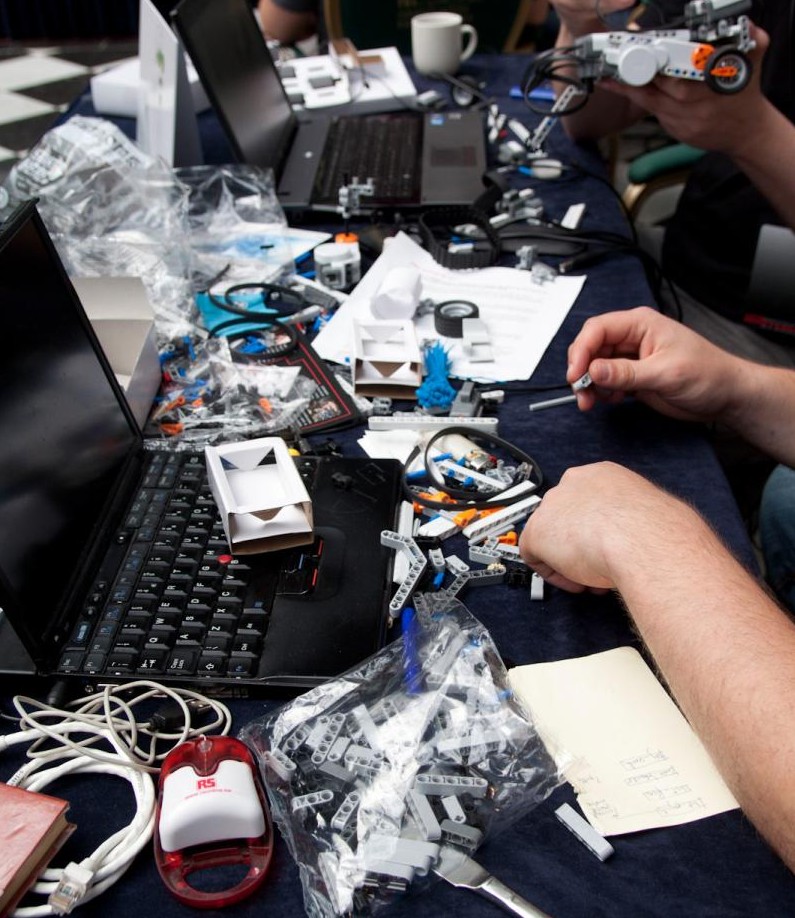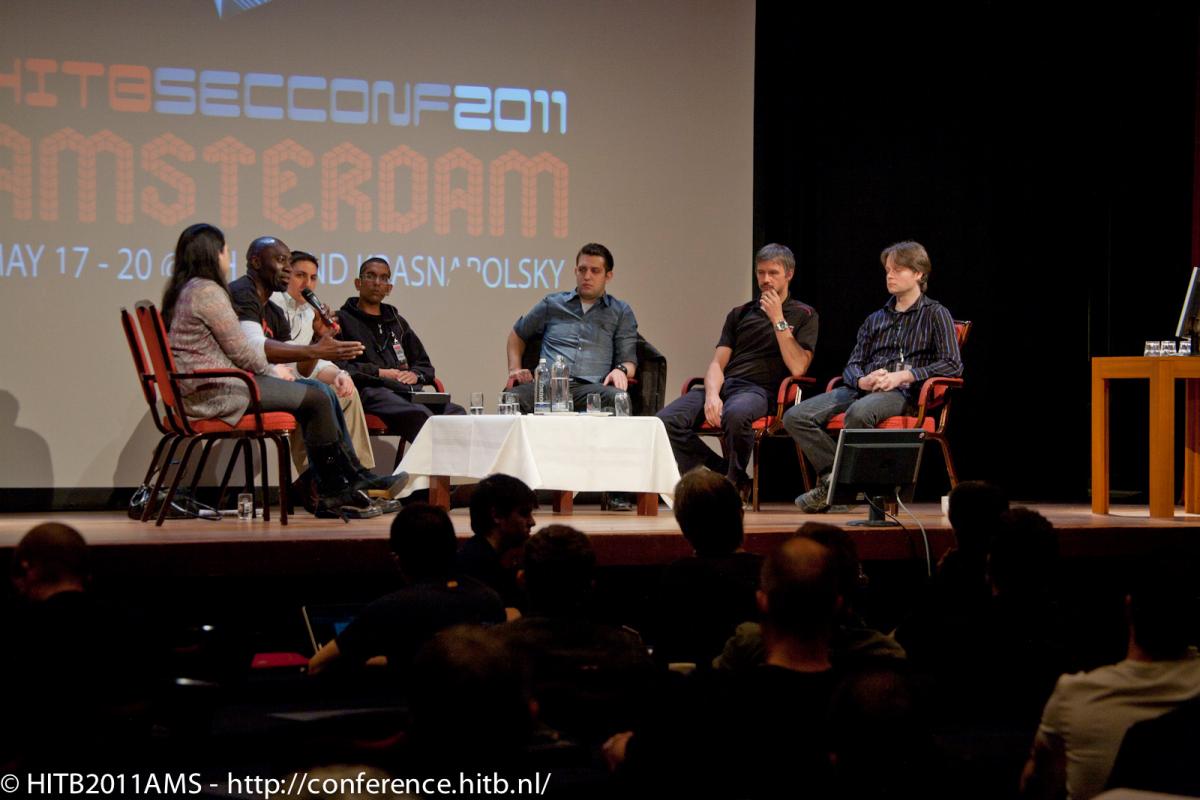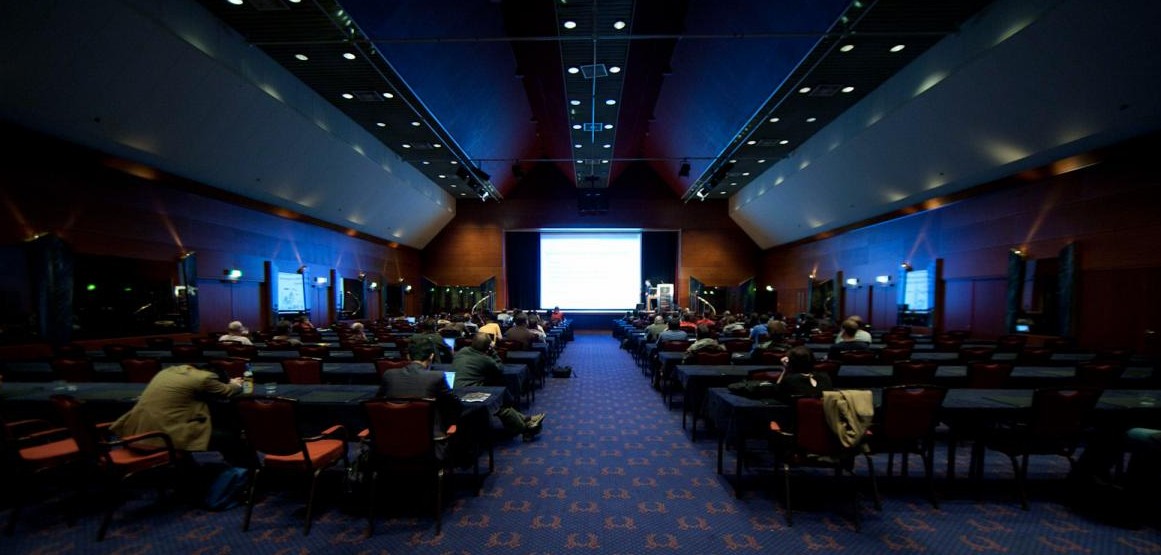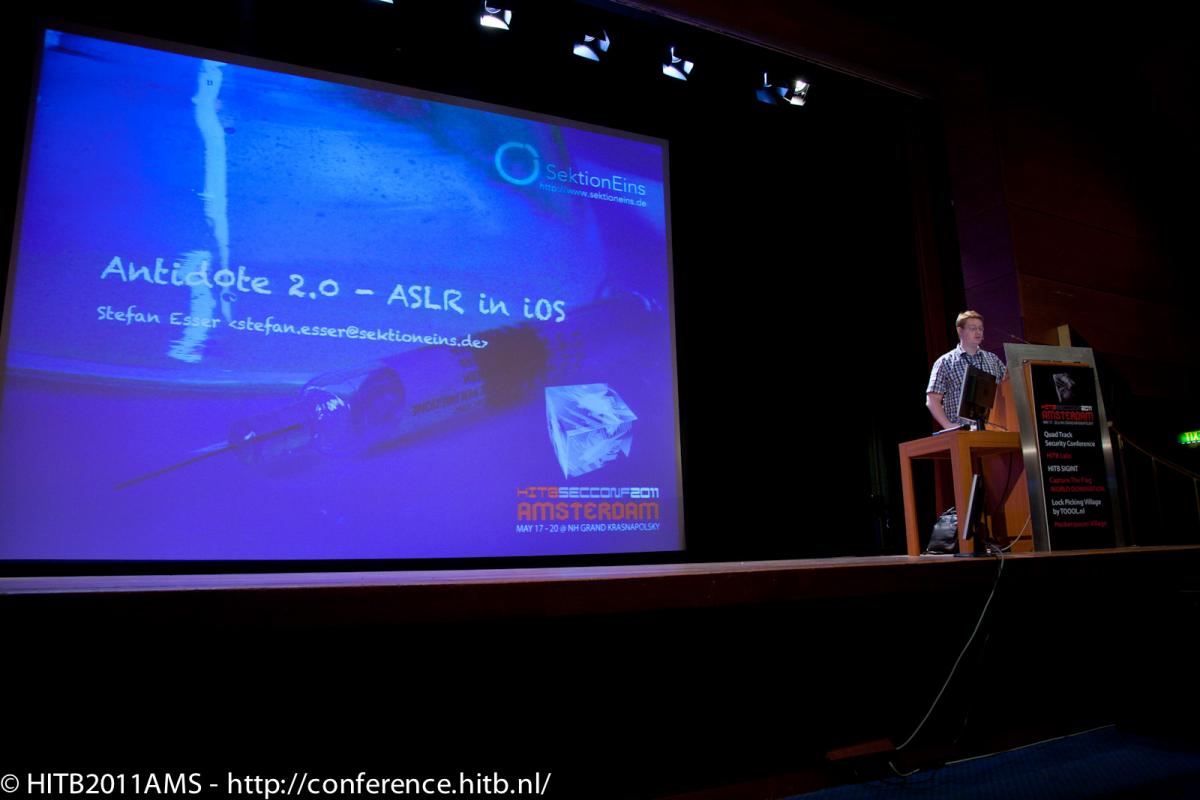Brenno de Winter (Journalist of The Year 2011)
BRENNO DE WINTER HAS CONFIRMED THAT HE IS CANCELING HIS SPEAKING APPEARANCE @ #HITB2012AMS
HIS TALK WILL NOW BE REPLACED BY ROP GONGGRIJP
Rop Gonggrijp is the founder of the Dutch hacker magazine Hack-Tic and was believed to be a major security threat by authorities in The Netherlands as well as in the USA. In 1993, a number of people surrounding Hack-Tic including Gonggrijp founded XS4ALL. It was the first ISP that offered access to the Internet for private individuals in the Netherlands. Gonggrijp sold the company to the former enemy Dutch-Telecom KPN in 1997 and founded ITSX, a computer security evaluation company.
Gonggrijp has also been the main organizer of the Dutch series of hacker events held every four years. Originally organized by the cast of Hack-Tic, these events have continued to live to this day. Throughout the years, Rop has repeatedly shown his concerns about the increasing amount of information on individuals that government agencies and companies have access to. In 2006 he founded the organization “Wij vertrouwen stemcomputers niet” (“We do not trust voting computers”) which campaigns against the use of electronic voting systems without a Voter Verified Paper Audit Trail and which showed in October 2006 on Dutch television how an electronic voting machine from manufacturer Nedap could easily be hacked.
On May 16, 2008 the Dutch government decided that elections in the Netherlands will be held using paper ballots and red pencil only. A proposal to develop a new generation of voting computers was rejected.
SPECIAL PRESENTATION: Too Little, Too Late: The Dutch Cyber Security Strategy
PRESENTATION ABSTRACT:
The Netherlands has embarked on a cyber security strategy that aims to make a giant leap forward. With a Cyber Security Council and a National Cyber Security Center (NCSC) we are Star Wars-like in preparing ourselves for the worst.
If you don’t look any further than the marketing buzz, you’d start to believe that the Netherlands is a digital safezone. But the rhetorical picture painted is no more or less than a blueprint for a Death Star with one significant difference: There are many points to indicate where our defenses fail dramatically.
From dozens of city websites leaking personal data to medical systems that are being hooked up in order to save lives. From failing Certificate Authorities that endanger people in nations far away, to failing providers of critical infrastructure. From unprotected SCADA-systems enabling people in galaxies far, far away to flood our polders, to the personal details that are leaked through hundreds of websites – some are just your average e-mail address while others are the addresses with locations of guns.
The National Cyber Security Center acknowledges that these type of incidents have put the National Security at risk 14 times in a row within eighteen months. It happened much more, but we don’t know about it. Digital Alzheimer has taken all intelligence before 2009 it seems.
ABOUT BRENNO DE WINTER
Brenno de Winter has been in ICT since his early years. He wrote small programs when he was no older than five and has been active in several fields throughout his life. He worked in ICT before switching to journalism where he built a reputation in proving the ICT-wrongs of companies and governments. He has a keen interest in privacy and security and is willing to go the extra mile. In 2011 after producing many scoops related to a failing transportation card, Diginotar and many many security weaknesses, he was named Journalist of the Year 2011.


